At the workshop, delegates raised a number of issues that are considered to be hindering the current process of university autonomy, thereby affecting the quality of university education , in which the financial factor for university education is considered a highlight that makes it difficult for universities with high autonomy to break through.
C NEEDS TO REACH THE REGIONAL AVERAGE
According to Professor Le Quan, Director of Hanoi National University, although the Party and State's policy is to prioritize investment in education, the budget for university education in particular only accounts for 0.27% of GDP (some documents say only 0.25% - PV ), much lower than the region and the world . The reduction in regular expenditures has caused difficulties for non-autonomous universities. Autonomous universities use tuition fees from students to cover their school activities. The revenue of domestic universities often accounts for 60 - 90%, while in other countries this revenue does not exceed 60%.
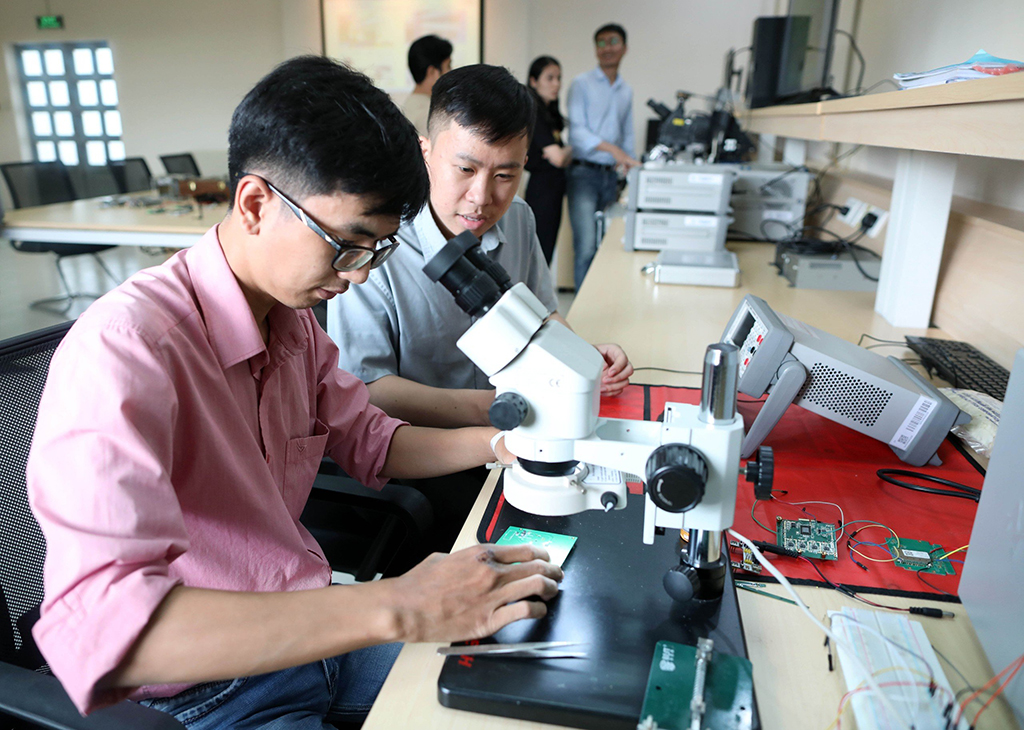
Microchip and High Frequency System Laboratory at Ho Chi Minh City University of Technology. Developing semiconductor human resource training is one of the areas the state needs to prioritize investment in.
Associate Professor Vu Hai Quan, Director of Ho Chi Minh City National University, also stated that our higher education system is facing a fundamental difficulty, which is that the state budget is very limited. At Ho Chi Minh City National University, the state budget for regular expenditures has also gradually decreased from 21% in 2019 to 19% in 2020, and by 2021 this rate will be only 15%.
According to Mr. Hoang Minh Son, Deputy Minister of Education and Training, to promote the quality of university education, state resources need to increase to the regional average, play a leading role and promote the mobilization of other resources. State investment must ensure investment in the most effective places, fields and training levels for the common and long-term interests of the whole society. Regarding the allocation mechanism and policy, it is necessary to separate and make transparent the allocation of the state budget for higher education, for all higher education institutions. The allocation principle is based on the competitive mechanism, commitment to the mission, goals and concretization into KPIs. The state also needs to innovate the ordering mechanism, assign tasks in packages, based on output results (instead of input); associated with the allocation of the budget for science and technology, ensuring that the proportion of expenditures for higher education institutions is commensurate with their capacity and performance results.
HIGHER EDUCATION NEEDS A BREAKTHROUGH
According to Mr. Nguyen Kim Son, Minister of Education and Training, the current development speed of higher education is slow, without any breakthrough. So what we need from the higher education system at this time, in this decade, in this context is a breakthrough. "Therefore, the story we have discussed from the beginning until now feels like we are still struggling in the context of how to help universities to be less miserable, less difficult, less poor, but we have not seen many ways to make a breakthrough," Mr. Nguyen Kim Son expressed and added: "How can universities develop a breakthrough? Only development can bring quality. If we keep struggling to cope with existence, the story of quality will be an extremely difficult story."
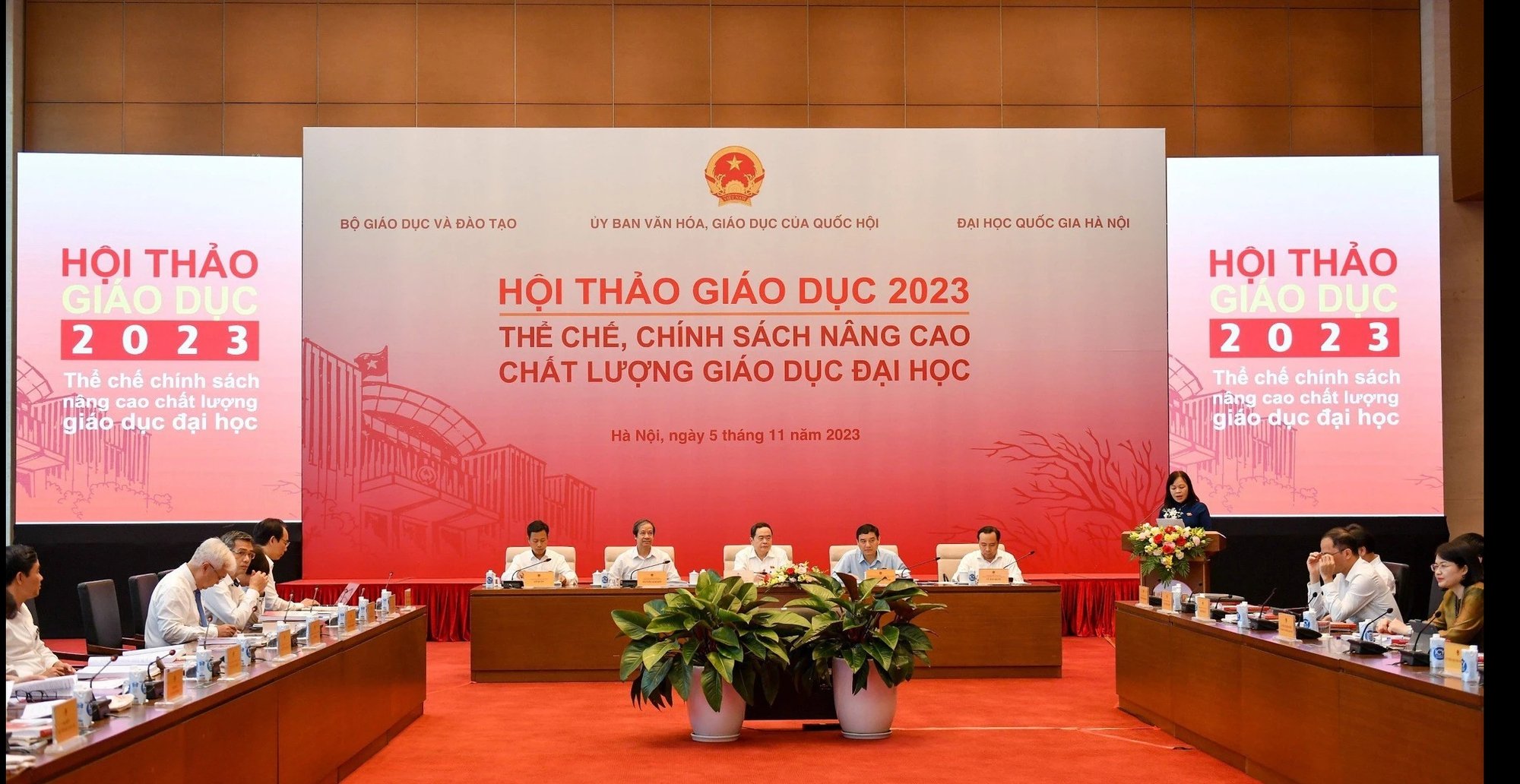
Education Conference 2023 with the theme "Institutions and policies to improve the quality of university education"
Minister Nguyen Kim Son said that for the public education system to have a breakthrough improvement, it is necessary to mobilize strongly from society and businesses, but also to have breakthrough and sudden investment. "Today, at this forum, I only propose one thing: There needs to be a breakthrough in institutions, paving the way for university autonomy," said Minister Nguyen Kim Son.
According to Mr. Nguyen Dac Vinh, Chairman of the National Assembly's Committee on Culture and Education, the development of higher education is reflected in three factors: scale, structure and quality. In which, the scale and structure factors are closely linked to the quality factor and cannot be separated. Quality is a very important measure of the level of meeting human resource needs, so when discussing the development of a university, we must ultimately use the measure of quality requirements. If we do not talk about quality, we do not know how to evaluate it. "I agree with Minister Nguyen Kim Son's statement that there needs to be a breakthrough in quality. But how to make a breakthrough, we need to have direction," said Mr. Nguyen Dac Vinh.
Areas that the state needs to prioritize investment in
Regarding the story of budget allocation, Mr. Nguyen Dac Vinh agreed with the proposal of universities and the Ministry of Education and Training that it is necessary to increase state budget investment in higher education.
In response to the Deputy Minister of Finance's opinion on the difficulty of increasing the budget for higher education, Mr. Vinh said that this increase would not affect the general budget resources, because it only requires changes in the expenditure structure. If we increase a little each year, so that after 3 years we can double the expenditure rate for higher education to reach the level of countries in the region (ie reaching 0.5% of GDP), then each year the absolute increase would only be 300 million USD, about 7,000 - 8,000 billion VND. "If we still ensure 20% of the budget for education and training, the total investment will be about 350,000 billion VND/year. That is just adjusting the investment structure in education and training, and that number in the 350,000 billion VND is not too large. And this is also not a very large investment. But it can be very effective", Mr. Nguyen Dac Vinh analyzed and shared more: "The most difficult thing that needs to be solved is when increasing investment, what to increase, how to increase? The Ministry of Education and Training is in charge of working with universities to develop a project to solve this content. If we increase, we must know what to increase for efficiency, but if it is added to regular expenses, I am afraid it will be difficult...".
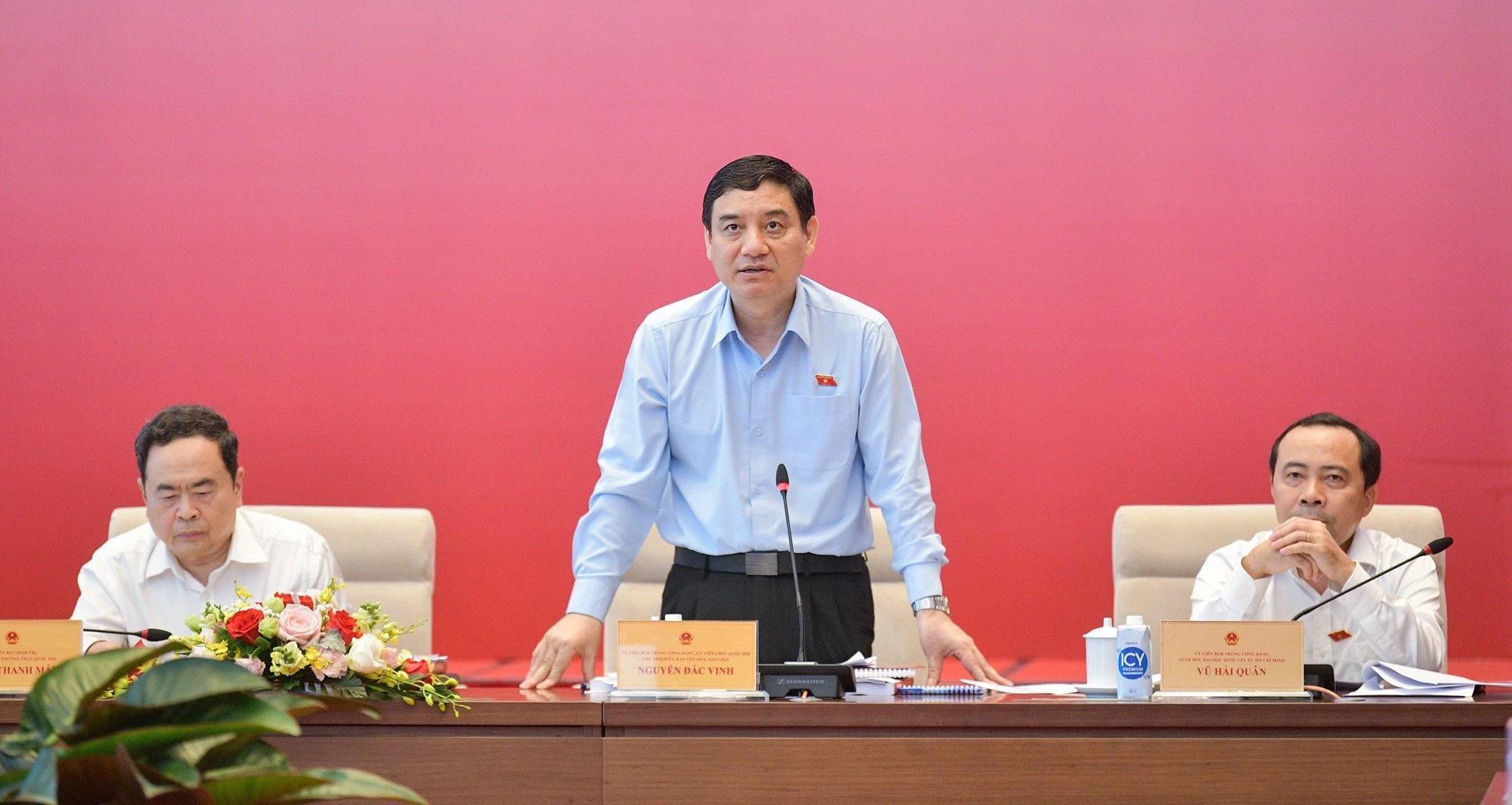
Mr. Nguyen Dac Vinh, Chairman of the National Assembly's Committee on Culture and Education, spoke at the workshop.
Mr. Nguyen Dac Vinh suggested: "The delegates at the conference talked a lot about the ordering mechanism. Recently, when we went to Korea, we saw that the government's ordering mechanism with their universities is very simple. The government offers an investment package, with a number of requirements for you to implement within a certain number of years. The simpler the ordering method, the faster the investment will go into the schools. We will monitor it by law, by a regular inspection mechanism. If the ordering is accompanied by regulations and norms that are too detailed, we are afraid that the money will be spent but because of many constraints, the effectiveness will not be significant."
Regarding the policy of focusing on investment in developing a number of university facilities, Mr. Nguyen Dac Vinh said that this is an issue that puts pressure on policy-making agencies because everyone wants to be invested. Therefore, it is necessary to develop investment criteria and principles. "I would like to boldly point out a few areas that the state needs to prioritize investment in. One is basic science, because it is the root of building core technologies. The second is science and technology, this is a field that requires expensive investment, the country is in great need of human resources, while the private sector invests little in training. The third is health science, focusing on developing biotechnology. The fourth is digital transformation. The fifth is developing human resource training to serve the semiconductor sector. Then there are some other areas in social sciences," said Mr. Nguyen Dac Vinh.
Ministry of Finance gives reasons for limited budget for higher education
Mr. Vo Thanh Hung, Deputy Minister of Finance, said that in the context of limited resources, the increase in the proportion of state budget expenditure for higher education development (increased from 0.25%/GDP in 2018 to 0.27%/GDP in 2020, equivalent to from 13,643 billion VND to 16,703 billion VND) has demonstrated the priority of the state in investing in higher education. Because the scale of the state budget is still small, the absolute number is still modest. Mr. Hung also explained that the state budget expenditure for higher education is due to many objective factors such as dependence on the total state budget expenditure being limited; the scale of general education is large, so state budget expenditure for general education accounts for a large proportion; higher education has conditions for higher financial autonomy... so the level of state budget expenditure for higher education is more limited. This is basically consistent with the actual operation of the education and training sector, consistent with the general policy of the Party and State on promoting autonomy in higher education, including financial autonomy.
Source link





![[Photo] Party and State leaders meet with representatives of all walks of life](https://vstatic.vietnam.vn/vietnam/resource/IMAGE/2025/8/24/66adc175d6ec402d90093f0a6764225b)
![[Photo] Phu Quoc: Propagating IUU prevention and control to the people](https://vstatic.vietnam.vn/vietnam/resource/IMAGE/2025/8/24/f32e51cca8bf4ebc9899accf59353d90)


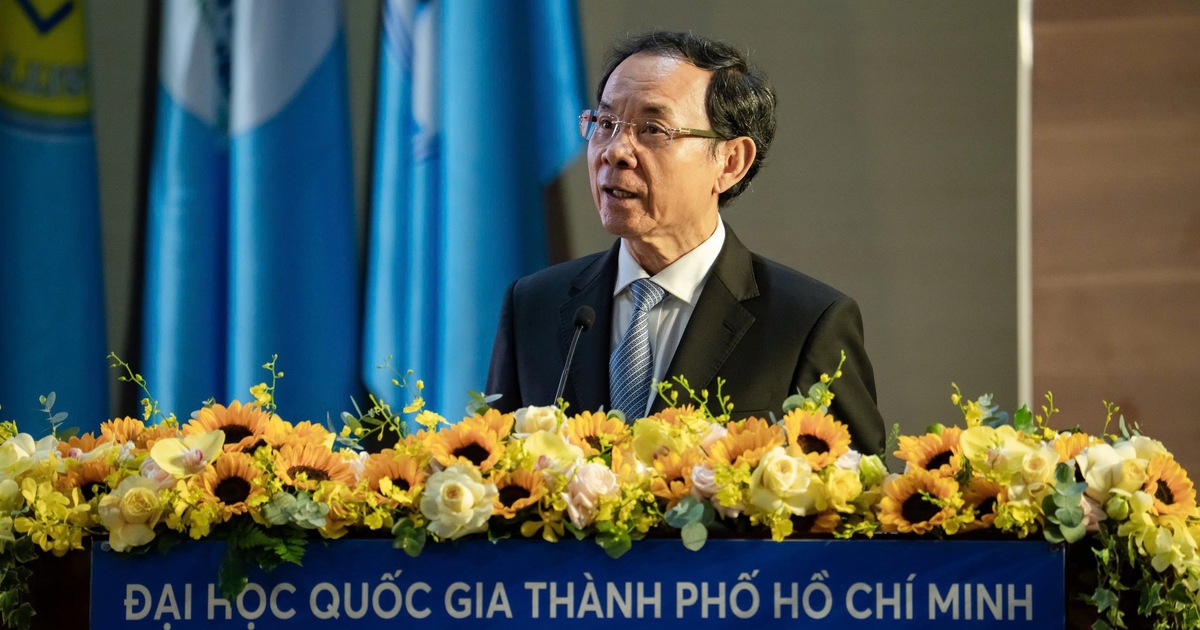




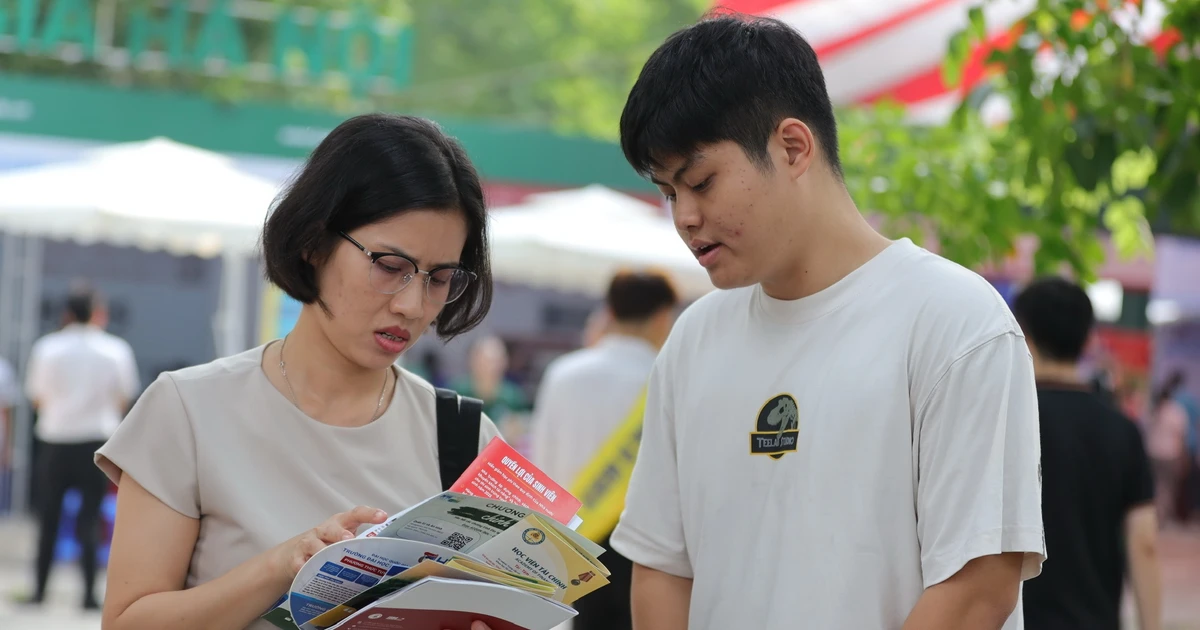


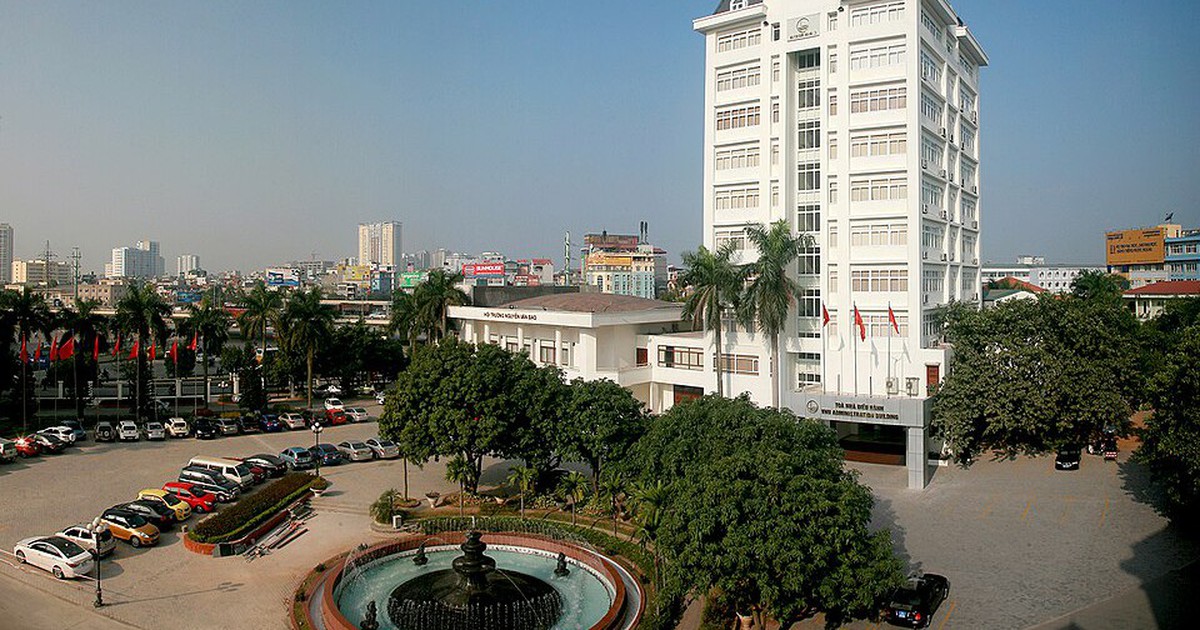
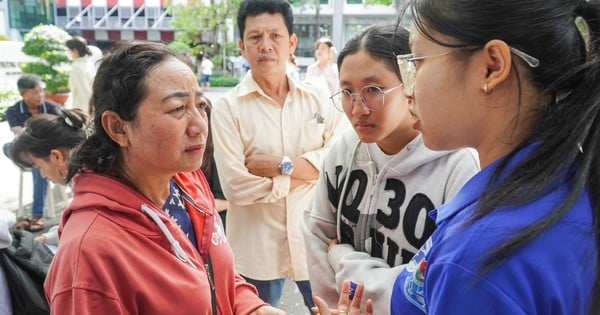



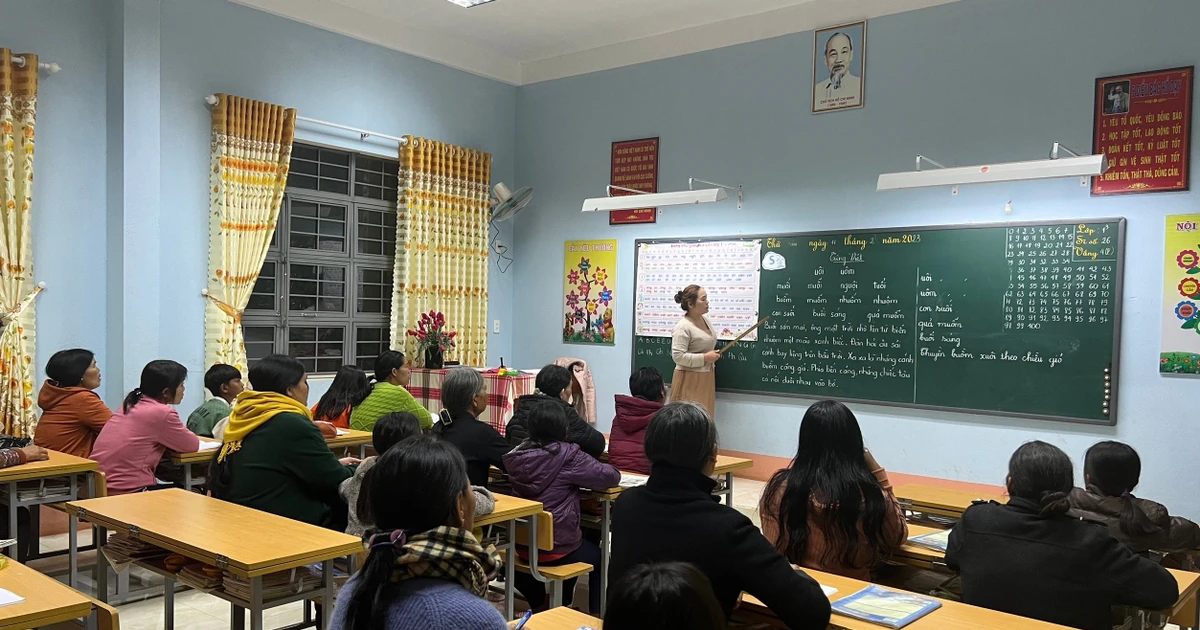








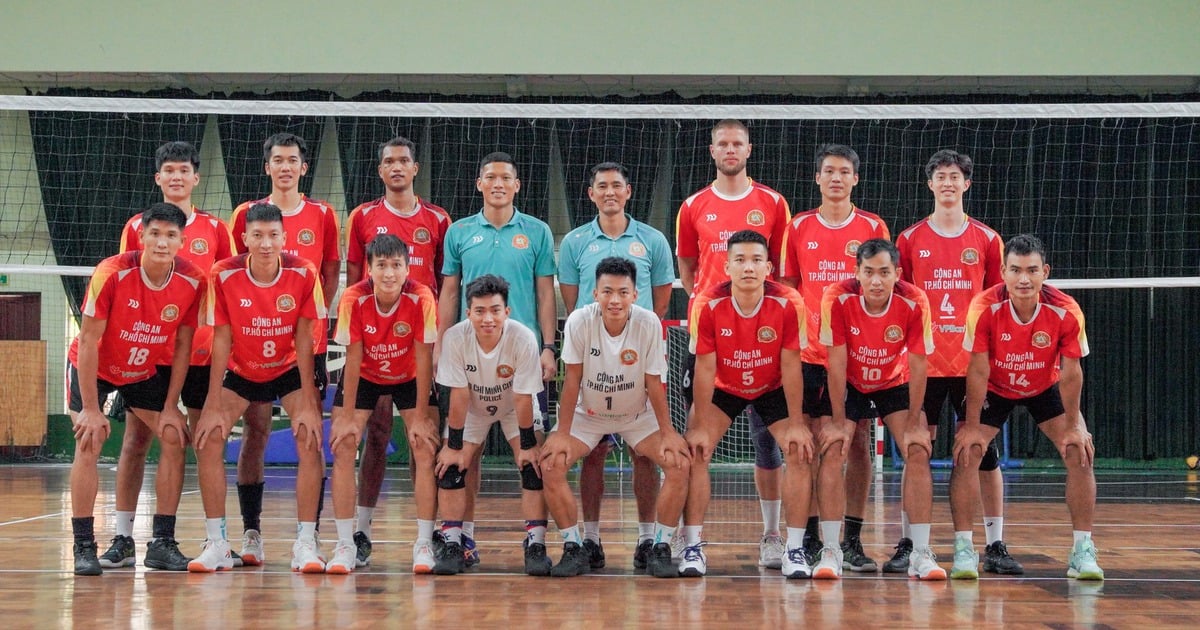




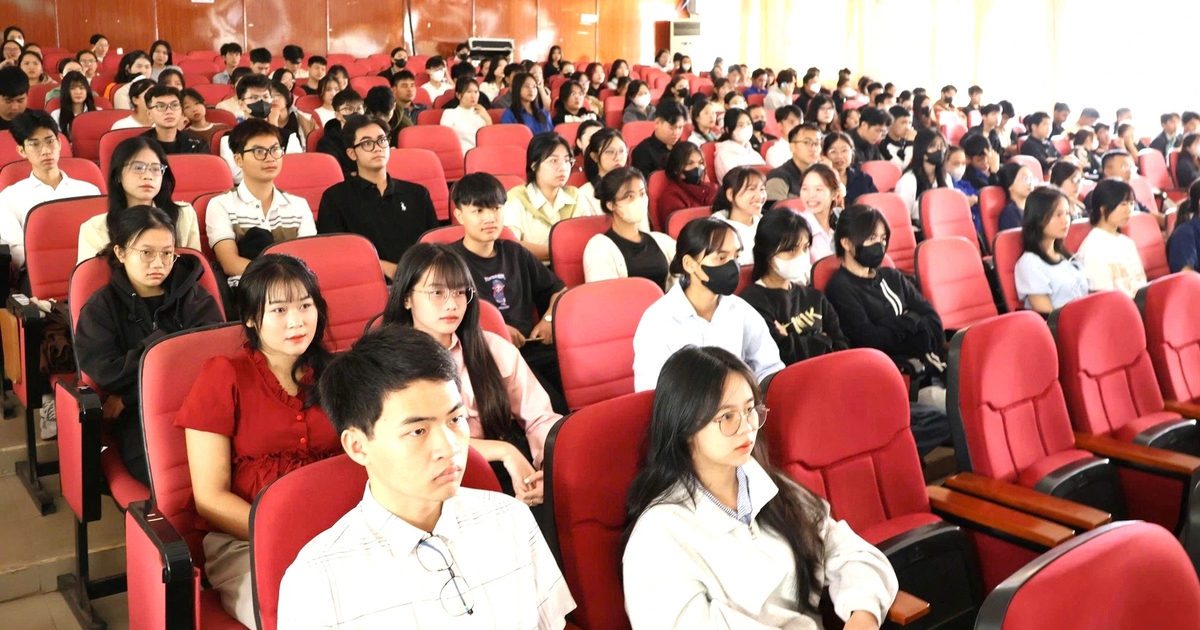



























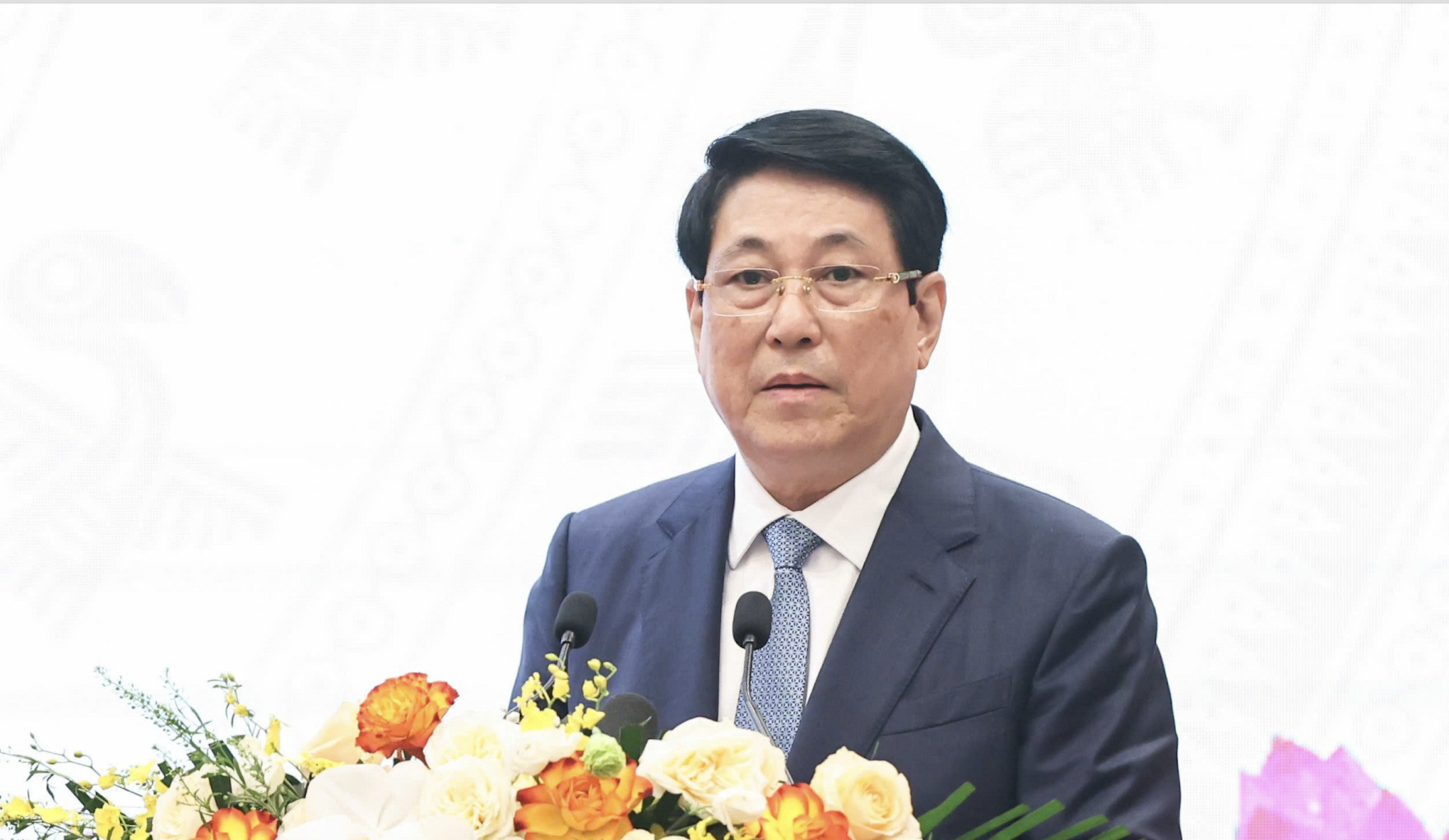



















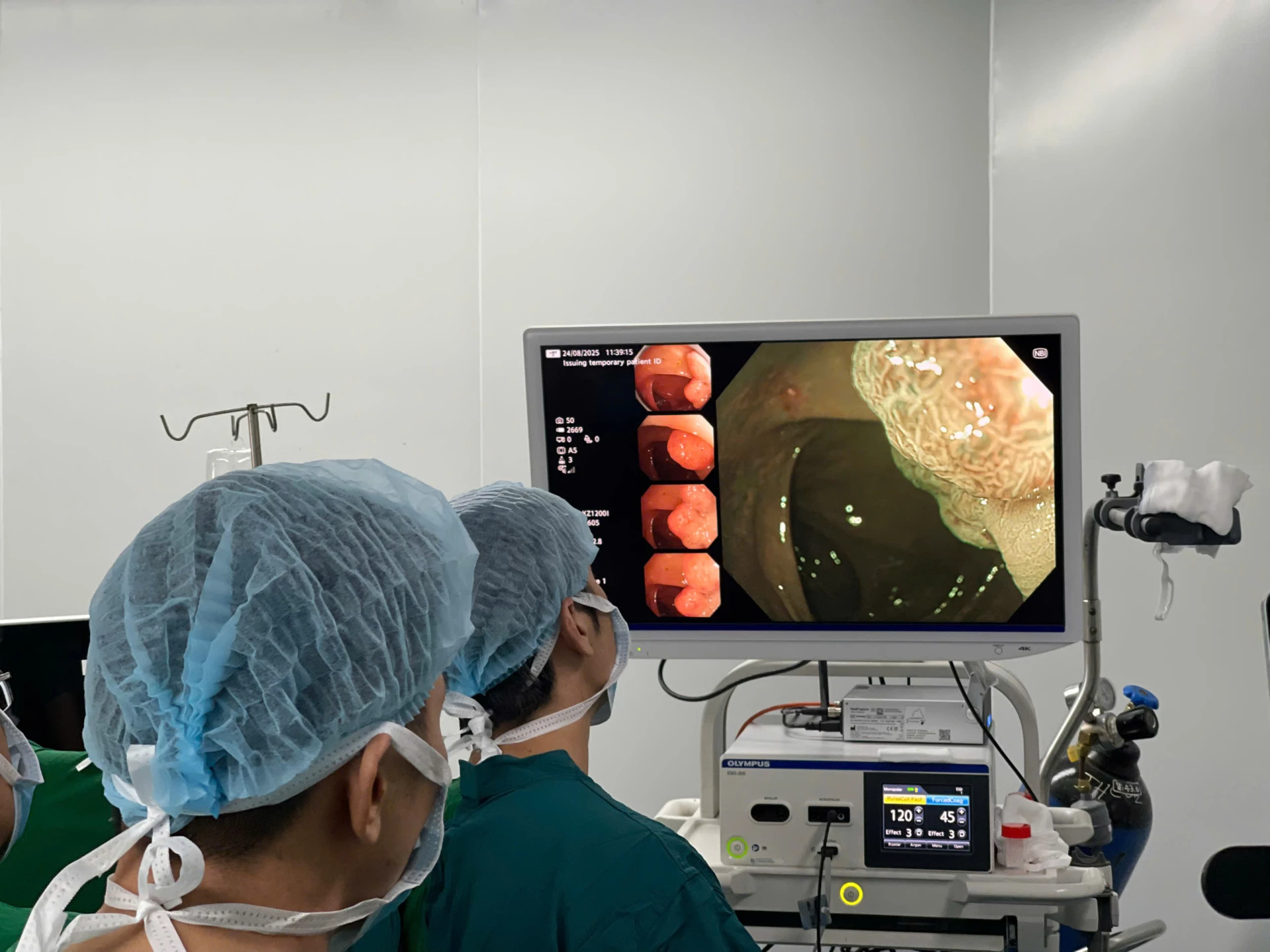

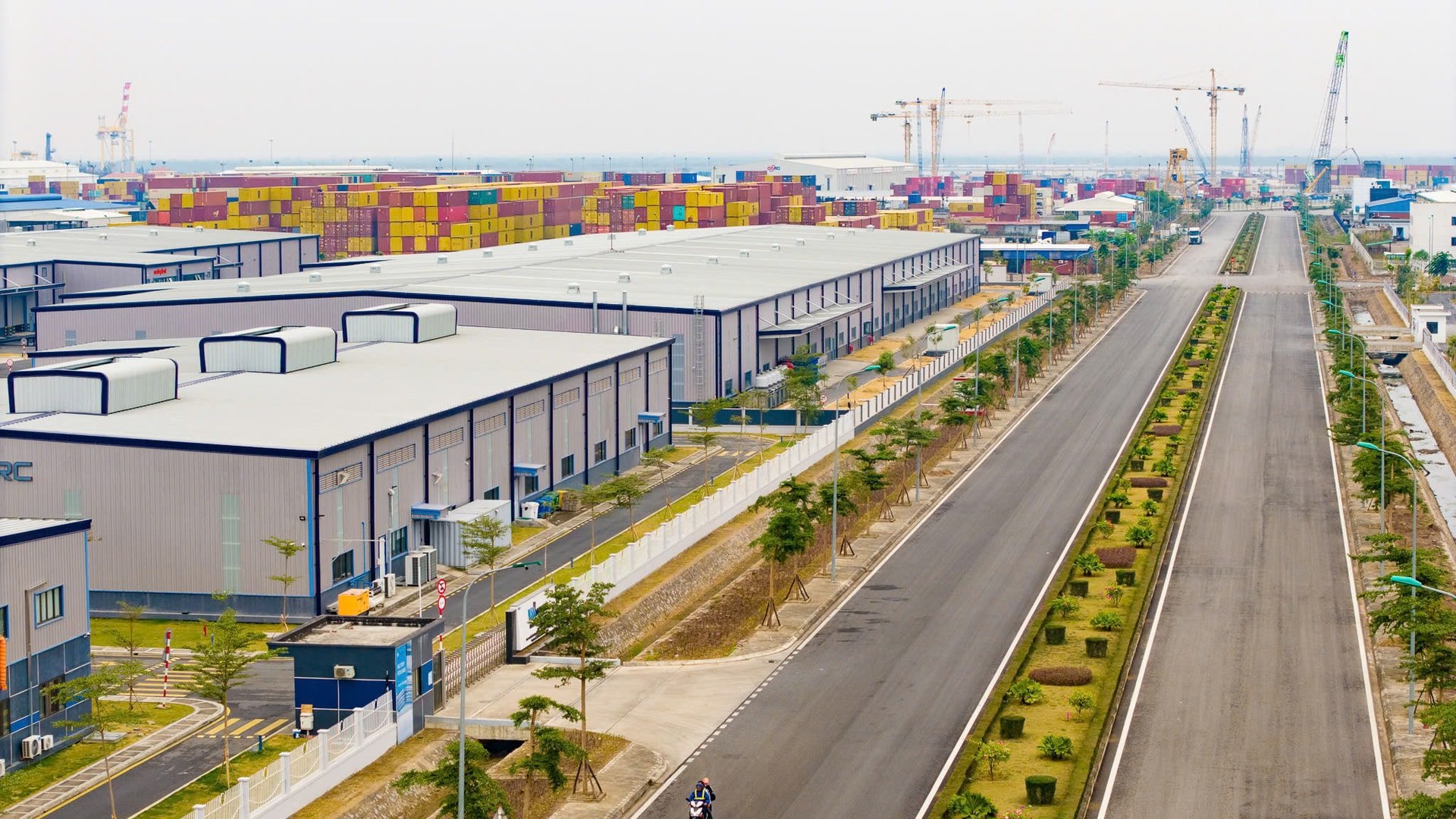



















Comment (0)